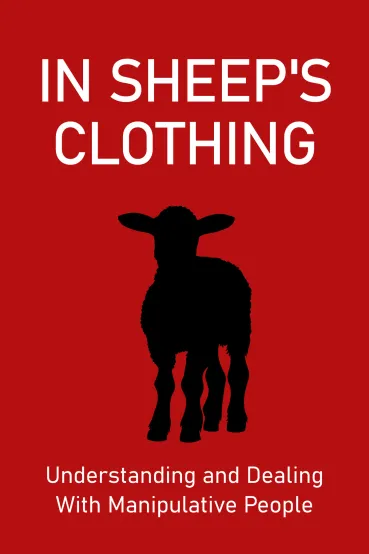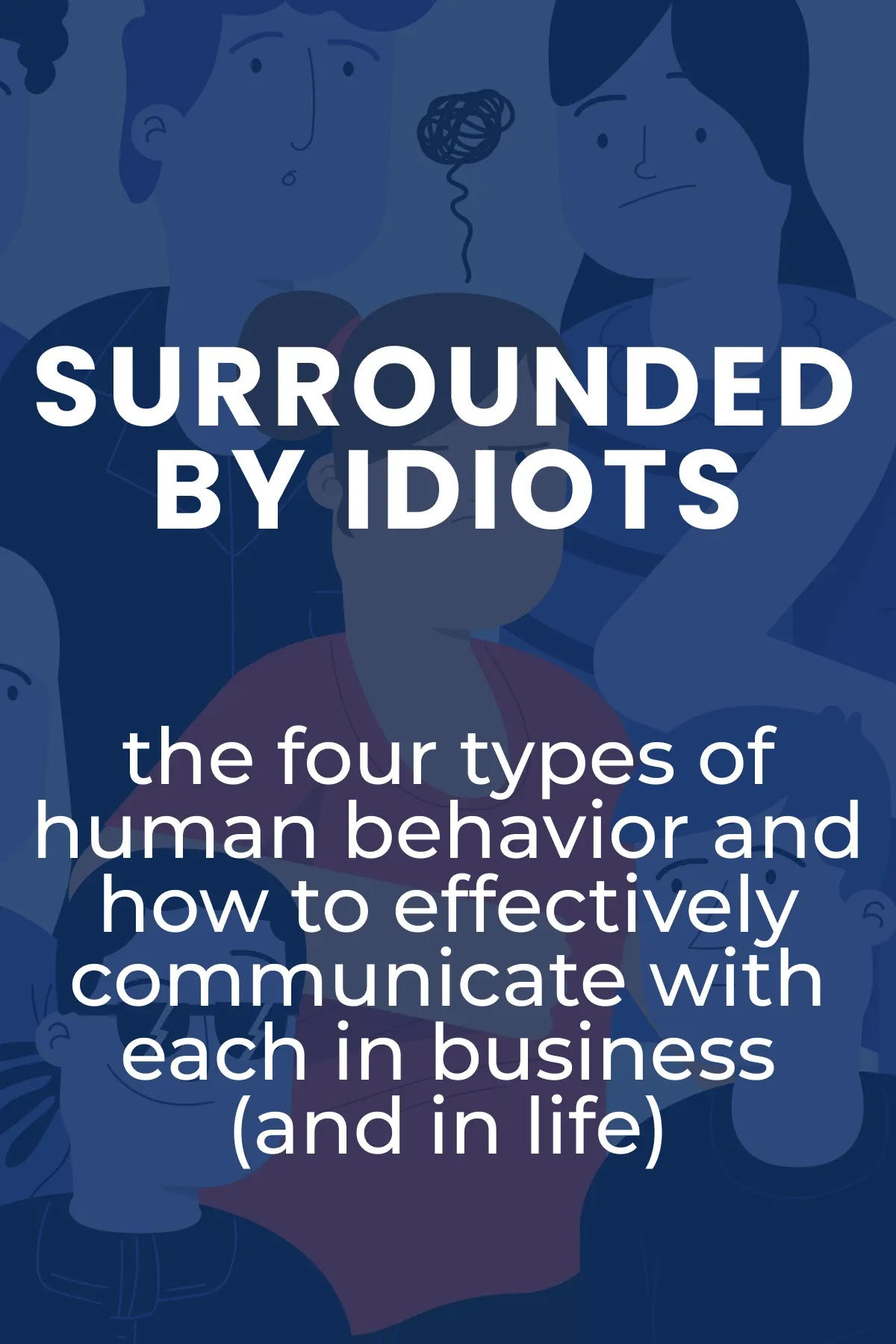
In Sheep's Clothing
Brief Summary
Uncover the psychology behind subtle manipulation tactics and learn to respond to them assertively. While it may be emotionally challenging, George K. Simon’s insights will help you confront the manipulator in your life. He sheds light on hidden tactics, such as denial, intimidation, playing the victim, and others.
Topics
Key points
Key idea 1 of 7
Have you ever had a conversation that left you feeling like the bad guy, despite knowing you aren’t? Maybe you voiced a concern, only to walk away guilty, second-guessing yourself, and wondering, “Am I the problem?” If that sounds familiar, you might have crossed paths with a covert aggressor. These people are master manipulators hiding behind a mask of charm, reason, or victimhood.
Indeed, there are many faces of aggression. Not all fighting involves fists or shouting. Many of us “fight” for time, attention, respect, or influence. And that’s not inherently bad. Assertiveness, when you are standing up for your needs while respecting others, is healthy. Yet, things go awry when people fight to win at the expense of others, often in sneaky ways.
That’s where covert aggression is uncovered. Unlike overt aggression (such as yelling or threatening), covert aggression is tricky. Instead of saying, “Do what I say or else,” the manipulator says, “Any good parent would want their child to succeed,” making you feel belittled for even doubting them. It’s a chess game where you don’t realize you’re playing until you’re already cornered.
So, who uses covert aggression? Sometimes, it’s people with deeply ingrained manipulative tendencies who use this to control situations. These individuals may seem kind or even virtuous in public. But behind closed doors, they twist conversations and make others feel like they are the problem. However, covert aggression is not the same as passive aggression. Passive-aggressives sulk, stonewall, or forget to do things out of resentment. Covert aggressors, on the other hand, are active, strategic, and intentional.
If you’ve ever been duped by one of these people, don’t worry. There are solid reasons it happens. First of all, their aggression isn’t obvious. They attack through sweet-sounding words. They often distort reality to suit their agenda. Their tactics confuse you into thinking you’re in the wrong. And, of course, they know how to see the weak spots in others: guilt, insecurity, or a need to be liked.
If your gut is telling you something’s off, listen to it. Start recognizing manipulation for what it is: a power play. Learn to name the behavior. Is it guilt-tripping? Gaslighting? Shaming? More importantly, set boundaries. Assert yourself calmly but firmly. The moment you stop playing by their rules is the moment you start reclaiming your power.
FAQ
You may also like these summaries











